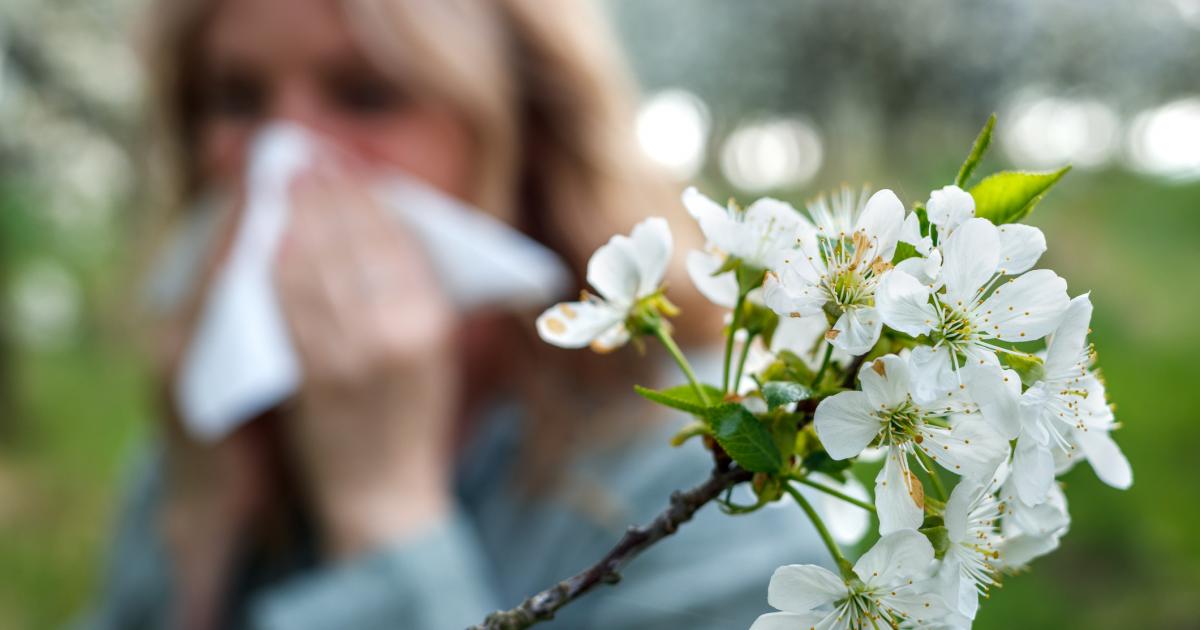Peter Thnoia, superintendent pharmacist at NHS-registered online pharmacy PillTime, is urging the public to double-check medication ingredients.
He warns people taking sleeping tablets or tranquillisers, such as diazepam or zopiclone, face a “heightened risk of developing breathing difficulties” when these drugs are mixed with certain allergy treatments.
Can you take hay fever tablets with other medications?
While the NHS advises that it’s generally okay to take hay fever tablets with other medications, it’s always crucial to check for potential interactions and side effects.
It’s also wise to consult with a pharmacist or GP before taking hay fever tablets alongside other medications.
Mr Thnoia, from PillTime, said: “Hay fever is hitting the country hard, but taking these sedating-style tablets is a no-go if you’re already taking medication to help you get to sleep.
“Not only will they both combine to sedate you, but it can impact breathing, and make you short of breath.
“It can also lead to dizziness and in extreme cases people could even fall unconscious.”
The concern centres around first-generation antihistamines – the older type of hay fever medication commonly sold under brand names such as Piriton and Benadryl.
These drugs are known for causing drowsiness, which can become dangerous when combined with other sedatives.
How do I know which hay fever tablets to take?
Non-drowsy antihistamines, such as loratadine, cetirizine, and fexofenadine, are widely available and generally safe to take alongside sleep aids or tranquillisers.
Mr Thnoia continued: “These are becoming increasingly common on shelves and are less likely to cross the blood-brain barrier, so shouldn’t cause the same sedative effects.”
Even SSRIs, the most commonly prescribed class of antidepressants – such as sertraline – may carry similar risks, particularly when combined with older-generation antihistamines.
Can you drink alcohol while taking hay fever tablets?
One of the most commonly mixed substances with antihistamines that isn’t a medicine at all – but can have the same dangerous effect when combined – is alcohol.
Recommended reading:
And it’s easy to forget while having a good time in the sun that you’ve had both in the same day.
Mr Thnoia added: “Alcohol significantly amplifies the sedative effect of first-generation hay fever tablets, which can result in severe impairment and lead to unconsciousness or serious accidents.
“Even non-drowsy antihistamines can occasionally react with alcohol, depending on individual sensitivity, so it’s best to avoid alcohol altogether if you’re thinking of allergy medication.”
